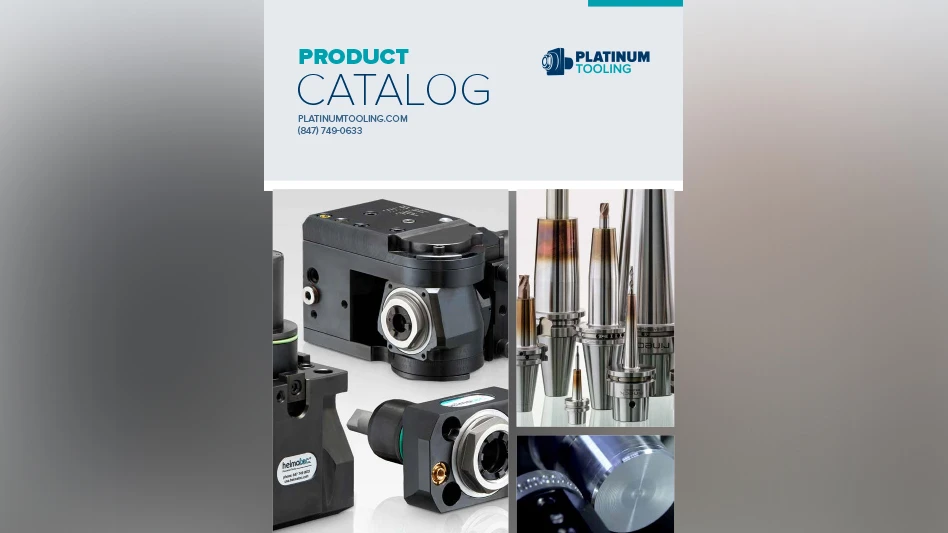
Mack Molding has invested more than $1 million in equipment to increase sheet-metal fabrication, machining, and laser marking capabilities, as its medical business expands – driven by orthopedic customers in need of specialized services related to cases, trays, instrument trials, and surgical handles.
To meet Unique Device Identification (UDI) obligations, Mack’s finishing department has added a Foba M2000 laser marker. A Trumpf 2030 4,000W fiber laser for sheet metal fabrication increases the company’s portfolio of vertically-integrated services by introducing the ability to cut new materials as well as thicker gauges of existing metals. Additionally, a Mazak Integrex i-100S CNC is on its way to the machining department, increasing Mack’s capacity to meet customers’ milling and turning demands.
Medical represents 35% of Mack’s business, driven in part by growth in parts that require specialized engraving on curved metal and plastic surfaces.
Mastercam 2018 integrates Sandvik Coromant CorpPlus ToolLibrary
CNC Software Inc. has integrated Sandvik Coromant’s CoroPlus ToolLibrary into Mastercam 2018, saving users time searching for desired tools and building 3D tool assemblies that can be brought directly into Mastercam via the ISO 13399 data format.
Mastercam developers worked closely with Sandvik Coromant product management to let users import 3D tool assemblies directly. Users gain the correct tooling for the material and for the type of machining operation; plus an accurate, 3D model can be used for visualization and collision checking in addition to the time savings.
Get curated news on YOUR industry.
Enter your email to receive our newsletters.

Explore the August 2017 Issue
Check out more from this issue and find your next story to read.
Latest from Today's Medical Developments
- TT Electronics achieves ISO 13485 medical certification at Mexicali EMS facility
- Boost productivity with Nidec's innovative MGC300
- Meet AEON: the future of humanoid robotics
- Okuma: Extraordinary Starts Where Limits End
- Revolutionize medical device maintenance with FUCHS NYEMED 7560
- #46 Lunch + Learn Podcast with SMW Autoblok
- Diagnosis: Workflow Inefficiency | Treatment: Okuma Robot Loader Series
- Discover the future of manufacturing at GROB's 5-AXIS LIVE!





